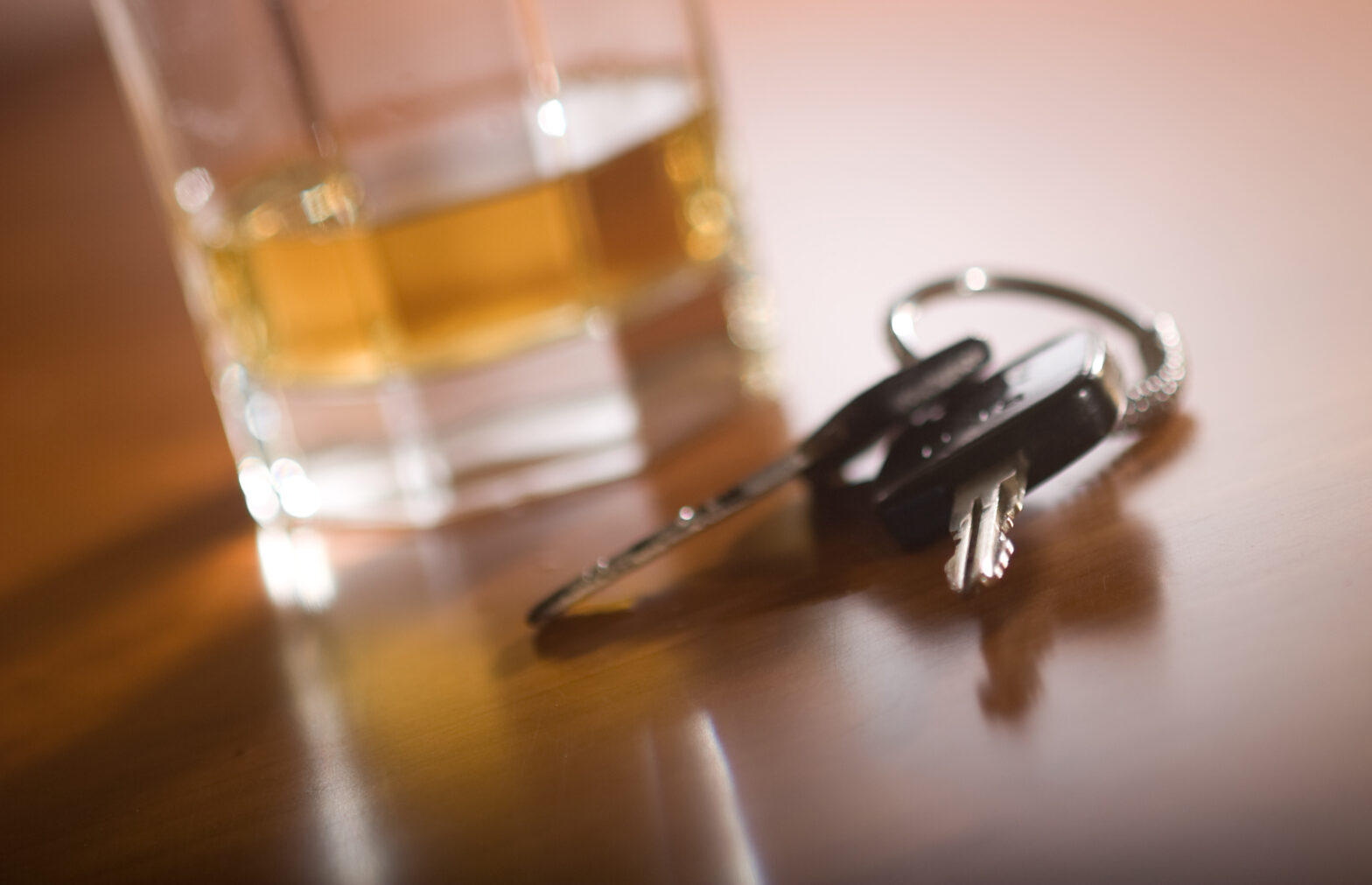It is generally assumed that a drink driving charge and conviction will inevitably incur a driving ban for the offender, but in actual fact that is not the case. Top drink driving solicitors are able to boast surprisingly high success rates at defending against driving bans (some up to 90 per cent). This is because there are certain legal thresholds that need to be met if a person is to receive a ban, and once a ban is about to be awarded, solicitors can then make a good fist of challenging that decision, normally based on the kind of impact that such a ban would have on their client.
Firstly, though, let’s assume that you’ve been caught and charged, it’s gone to court and you decide to plead not guilty. You can’t afford to get banned; it could ruin your business. However this is still a big, brave decision. If the police have seen fit for the case to go this far, it will be because they are highly confident that you are guilty and they have firm evidence to back that up. This evidence is likely a police testimony of some kind of observed erratic behaviour or an accident, followed up with empirical evidence, namely a failed alcohol breath and blood test.
In this scenario, you will probably have to argue that the test results are not reliable (tricky in this day and age) or that there was something in your biological system that could have interfered with the results (tough, but not unheard of). Alternatively, you could try to convince the court that something was slipped in your drink (you’ll need to support this with firm evidence) or that the police didn’t follow correct procedure (doable, but what? how?).
If you do plead not guilty but fail to present a well-considered defence, the court could view it as a flippant, speculative shot in the dark, in which case you could expect to be awarded an even harsher penalty than you would have otherwise. So plead not guilty on the basis of expecting to win the case, and of being honest, clear and well organised.
The next scenario is that you accept the charges, but seek to reduce the penalty. This is far more common, and where those 90 per cent figures that experienced drink driving solicitors can claim come in to play. So how do those solicitors get their results and help you avoid a driving ban?
Normally, they do this by successfully arguing that ‘exceptional hardship’ would be experienced by you a result of any ban. This usually means that they will have to show to the court that, in spite of your being highly regretful of your actions, you depend on your ability to drive in order to work, run a business, practice your livelihood. Being banned would therefore have a severe and detrimental impact on your life, from which there would be no guarantee of recovery. By managing to hold onto your driving licence, however, you will be able to continue making a positive contribution to the community.
The price you pay for a drink driving conviction is no laughing matter. Think insurance, solicitors’ fees, time, fines; but with dedicated and experienced legal support, you can probably realistically hope to limit the penalties, save yourself from a ban, and continue working and managing your business.





